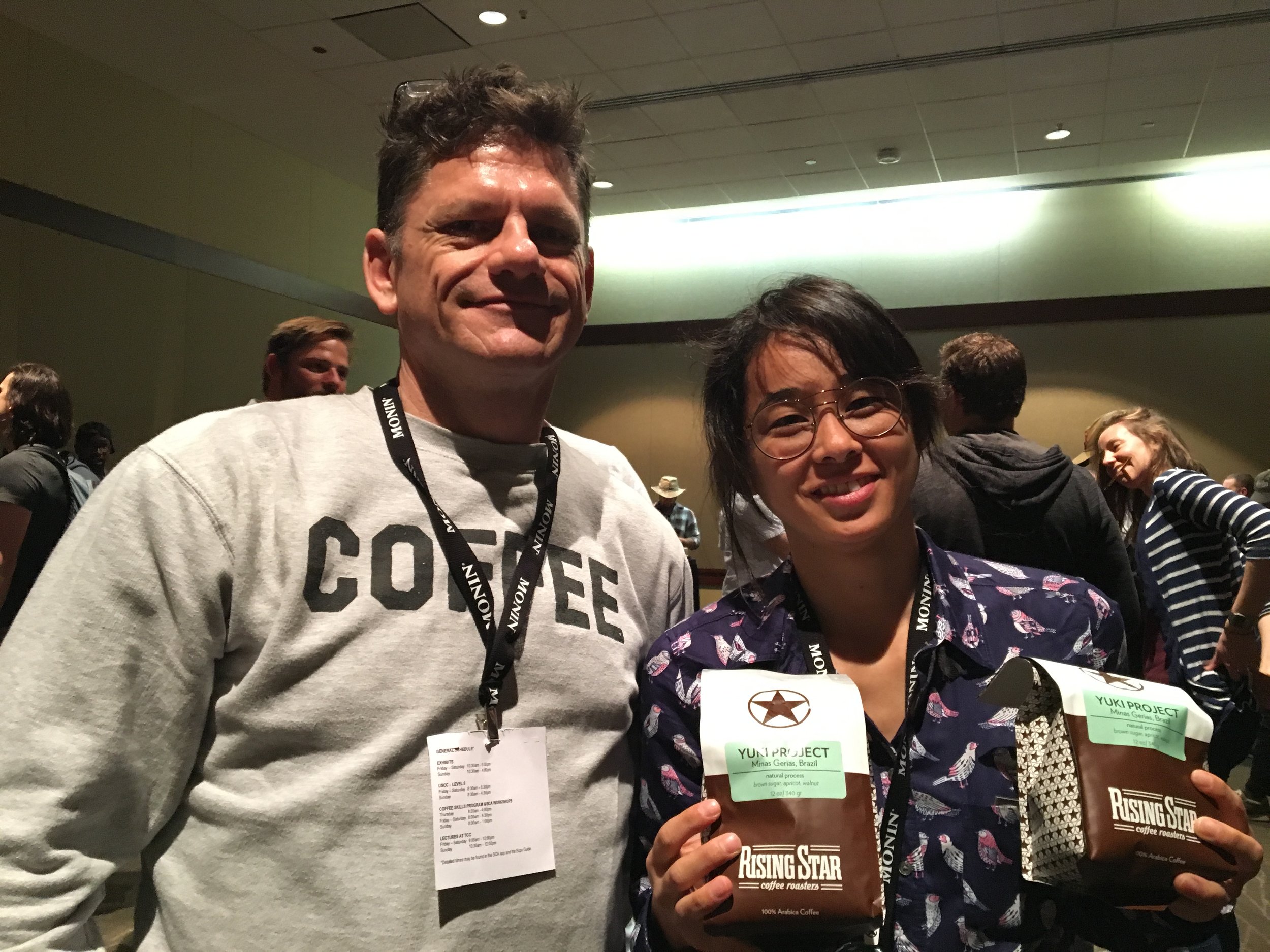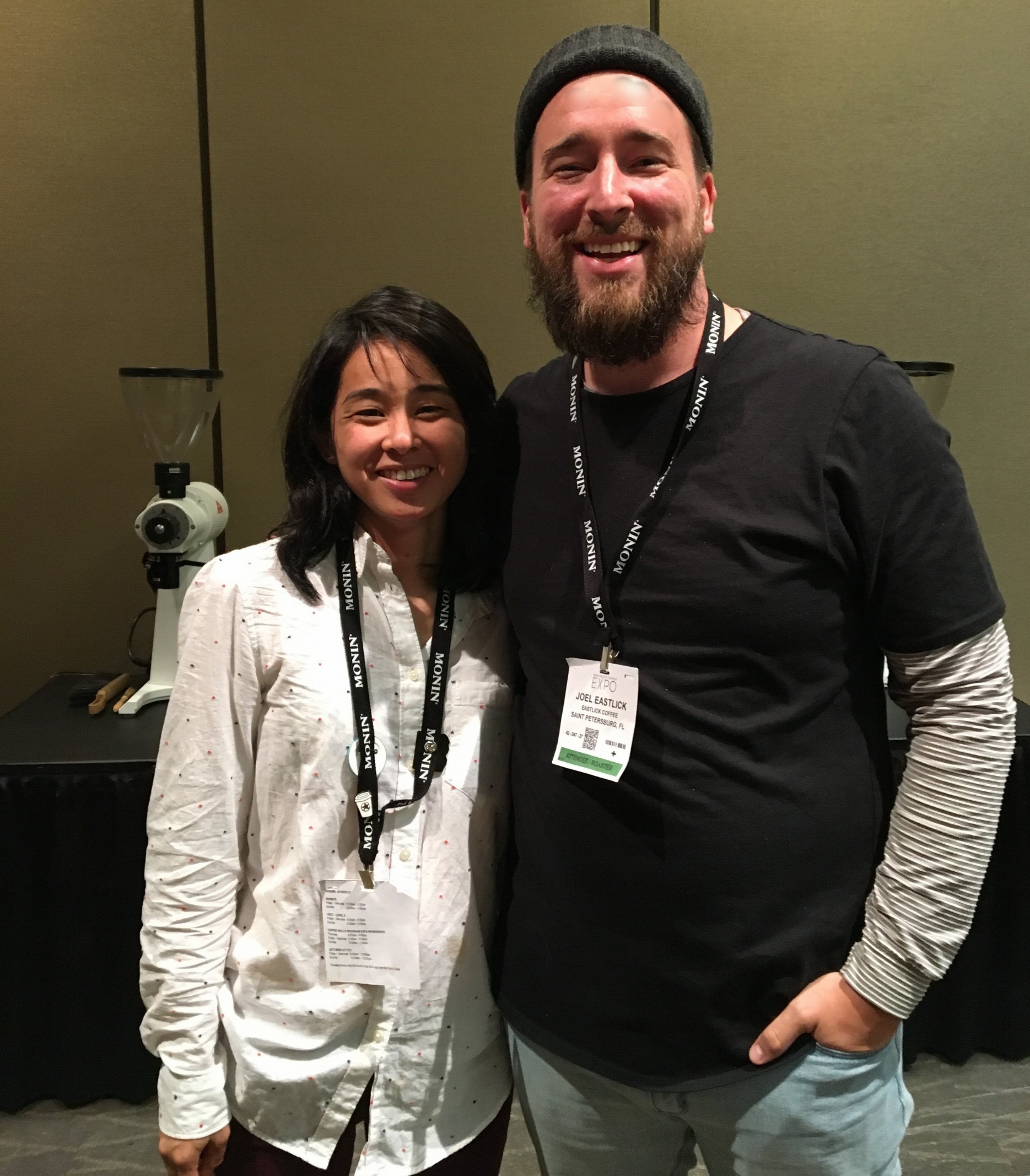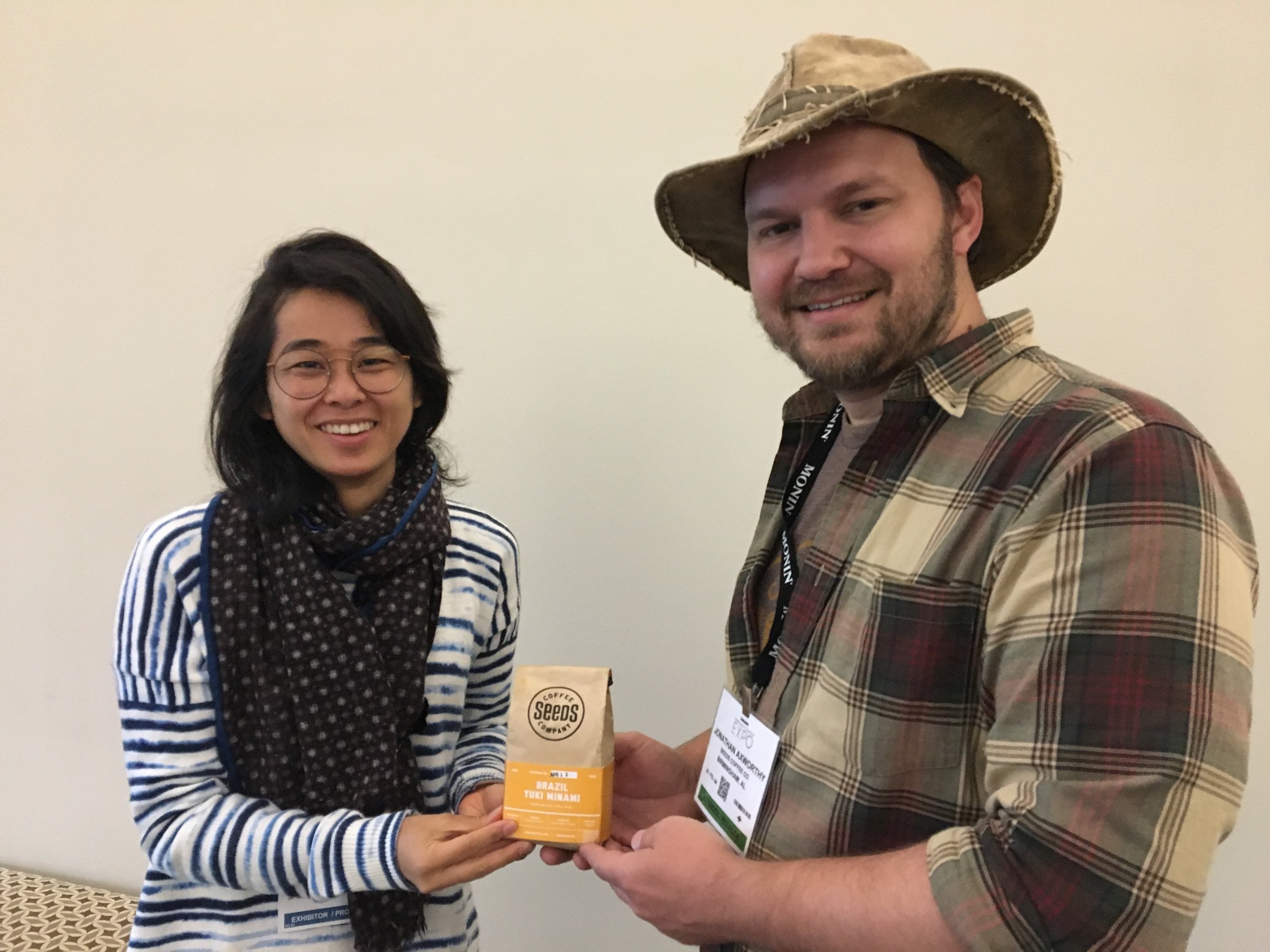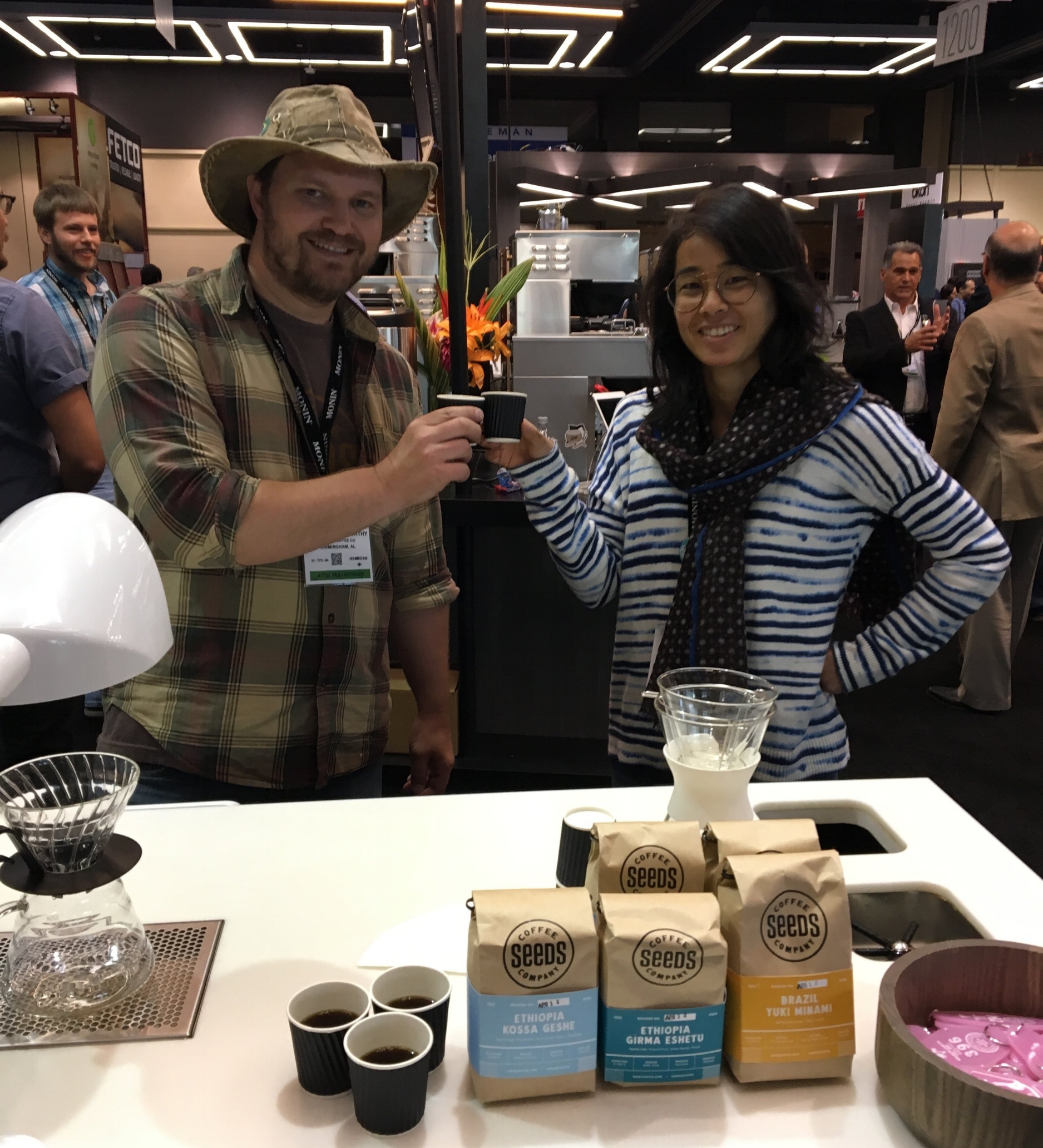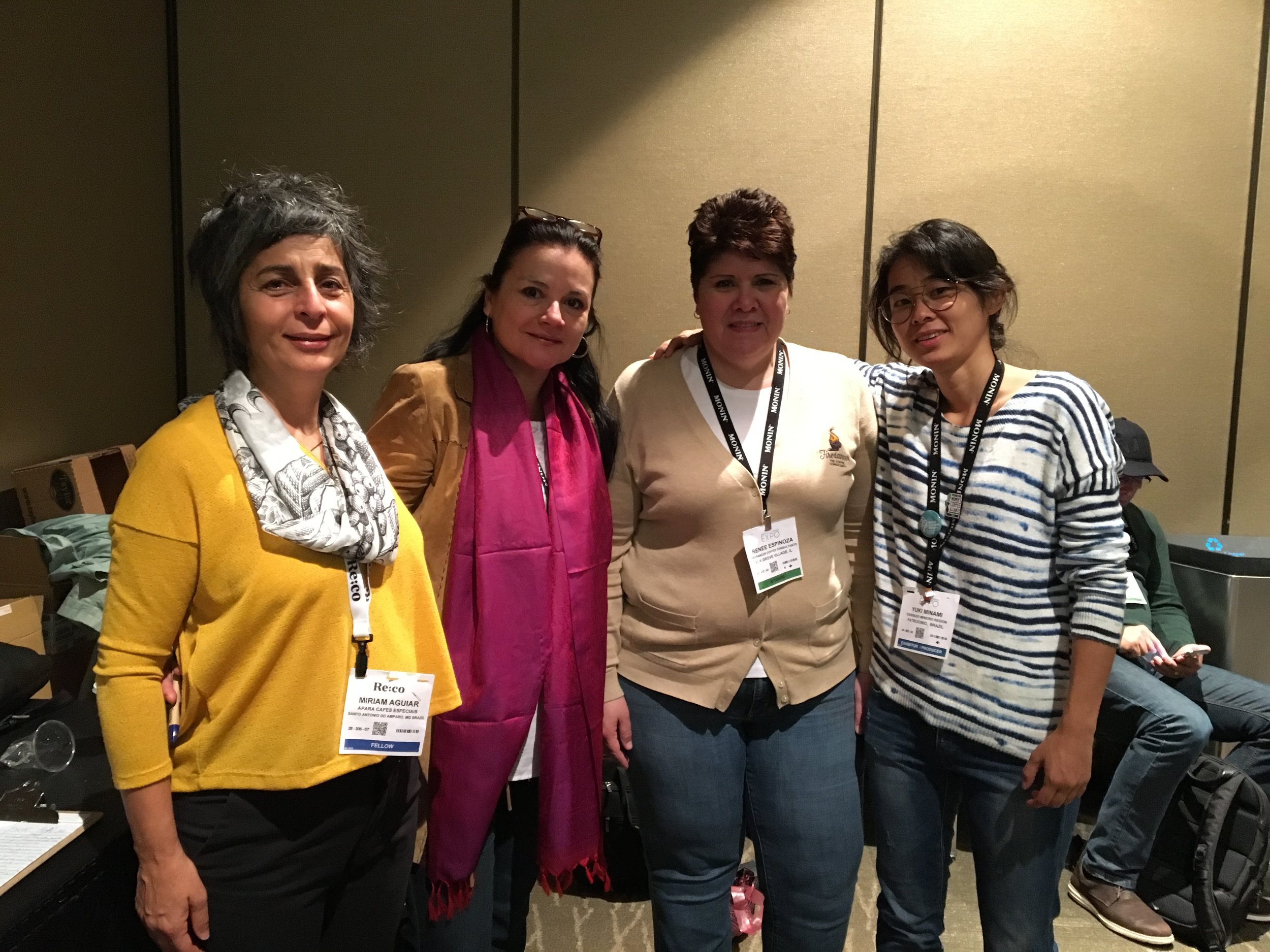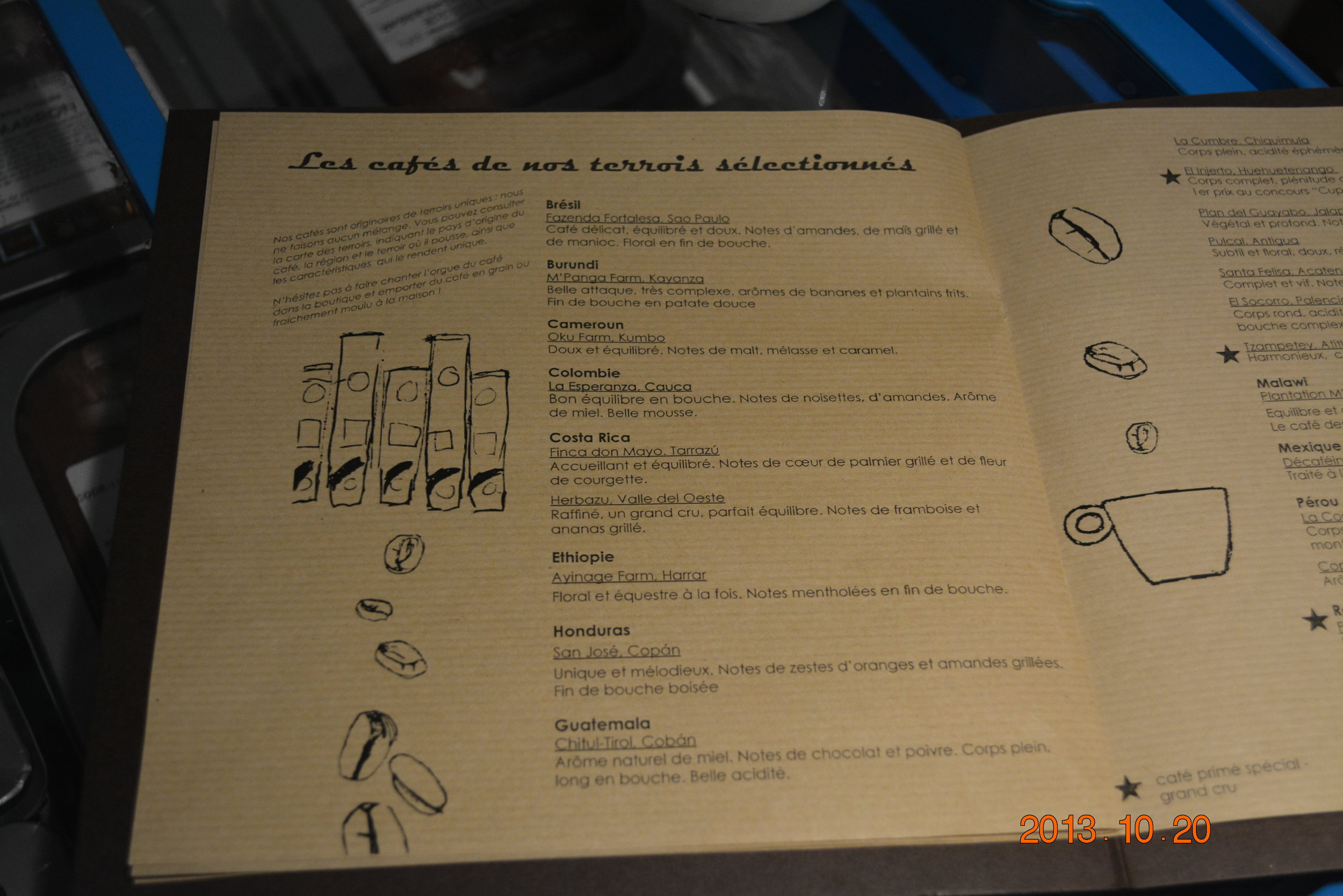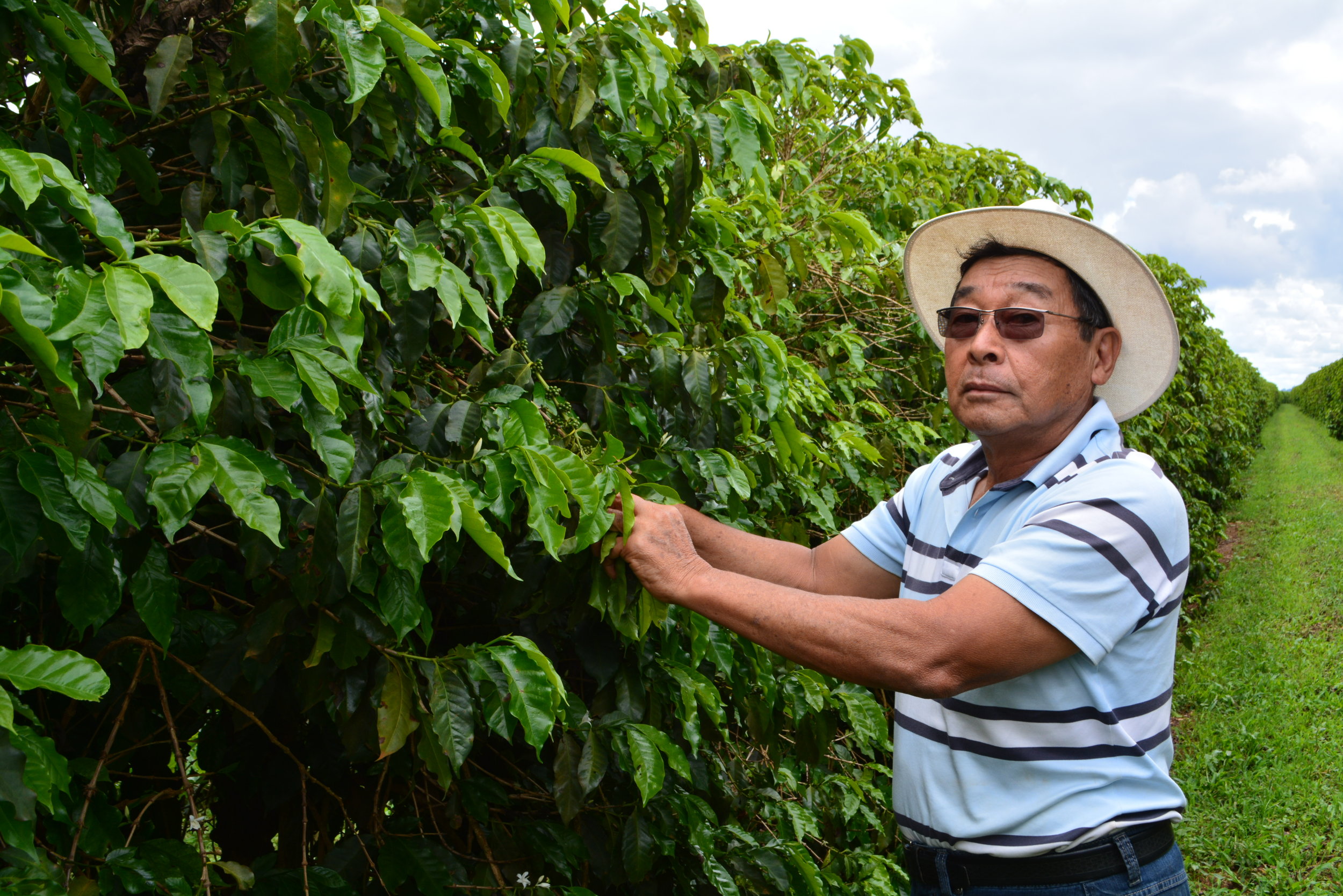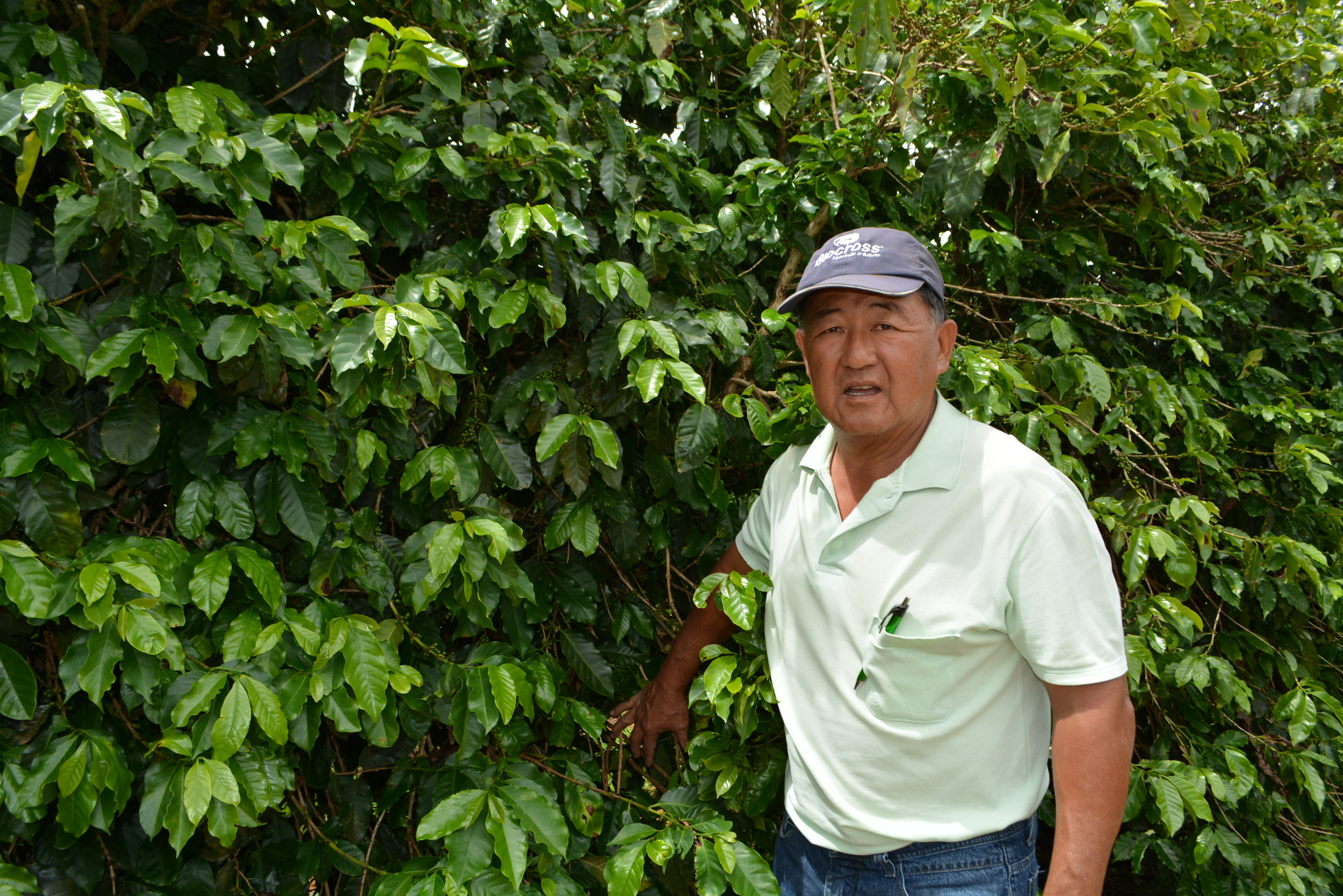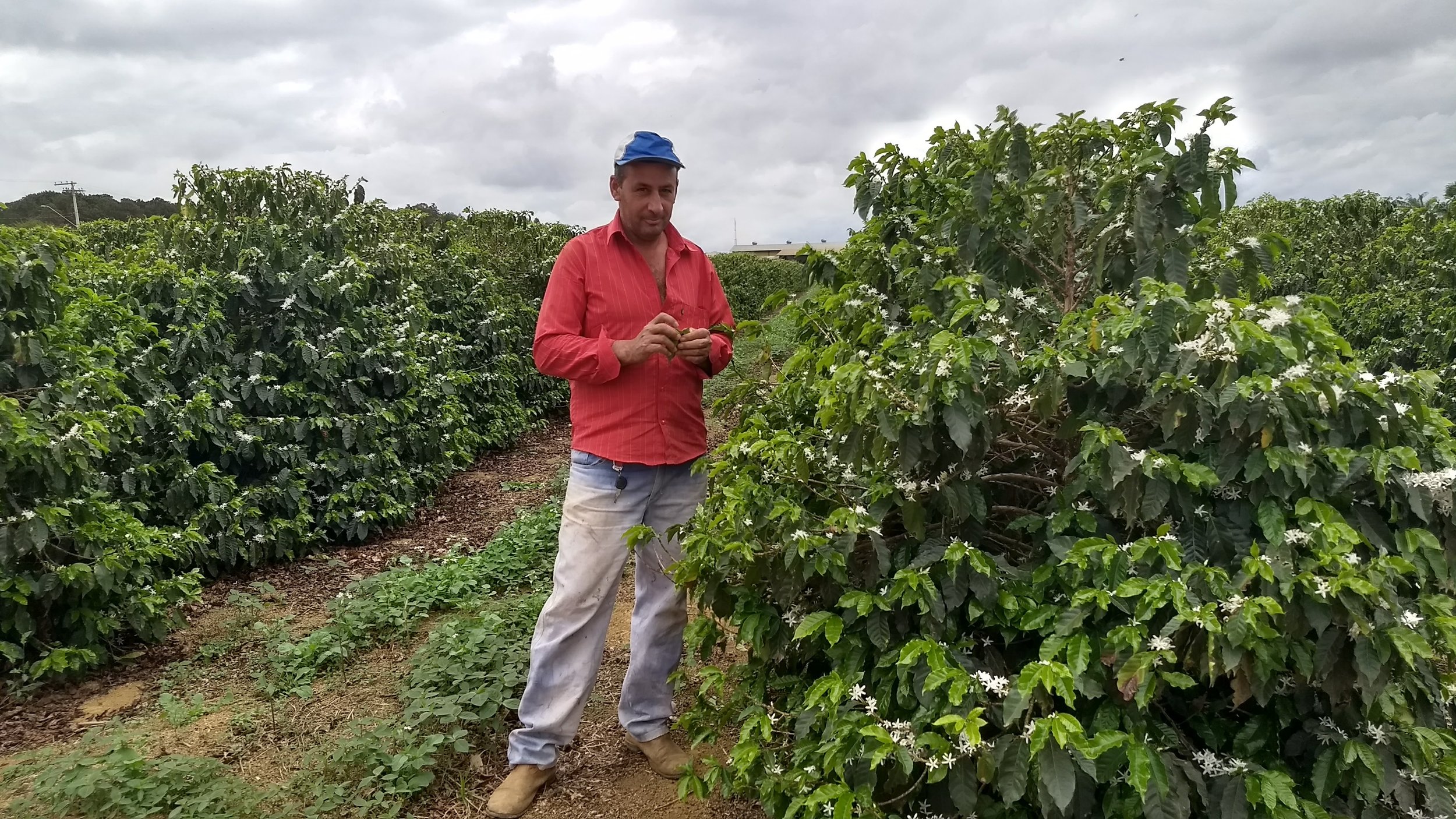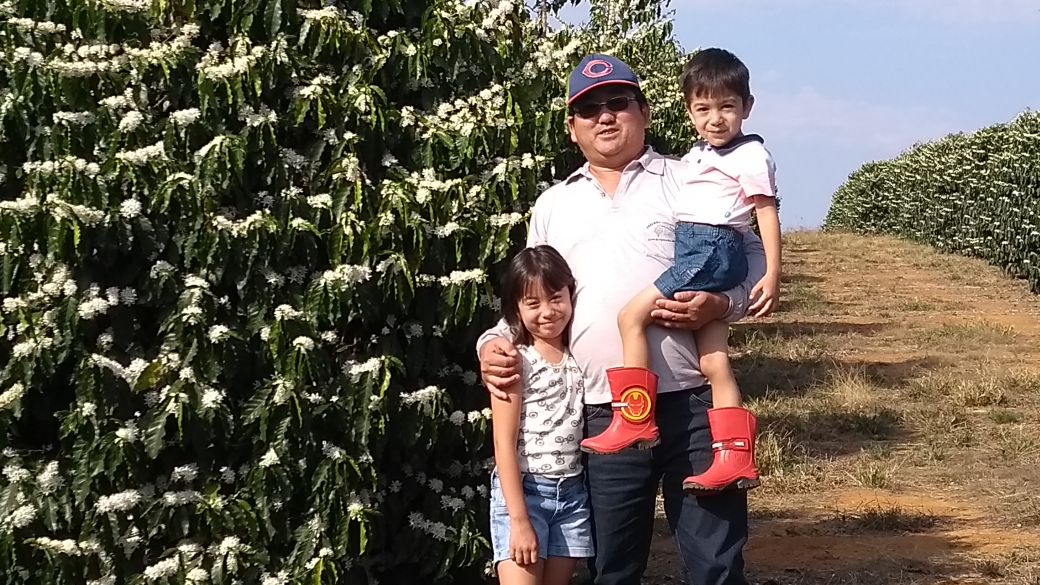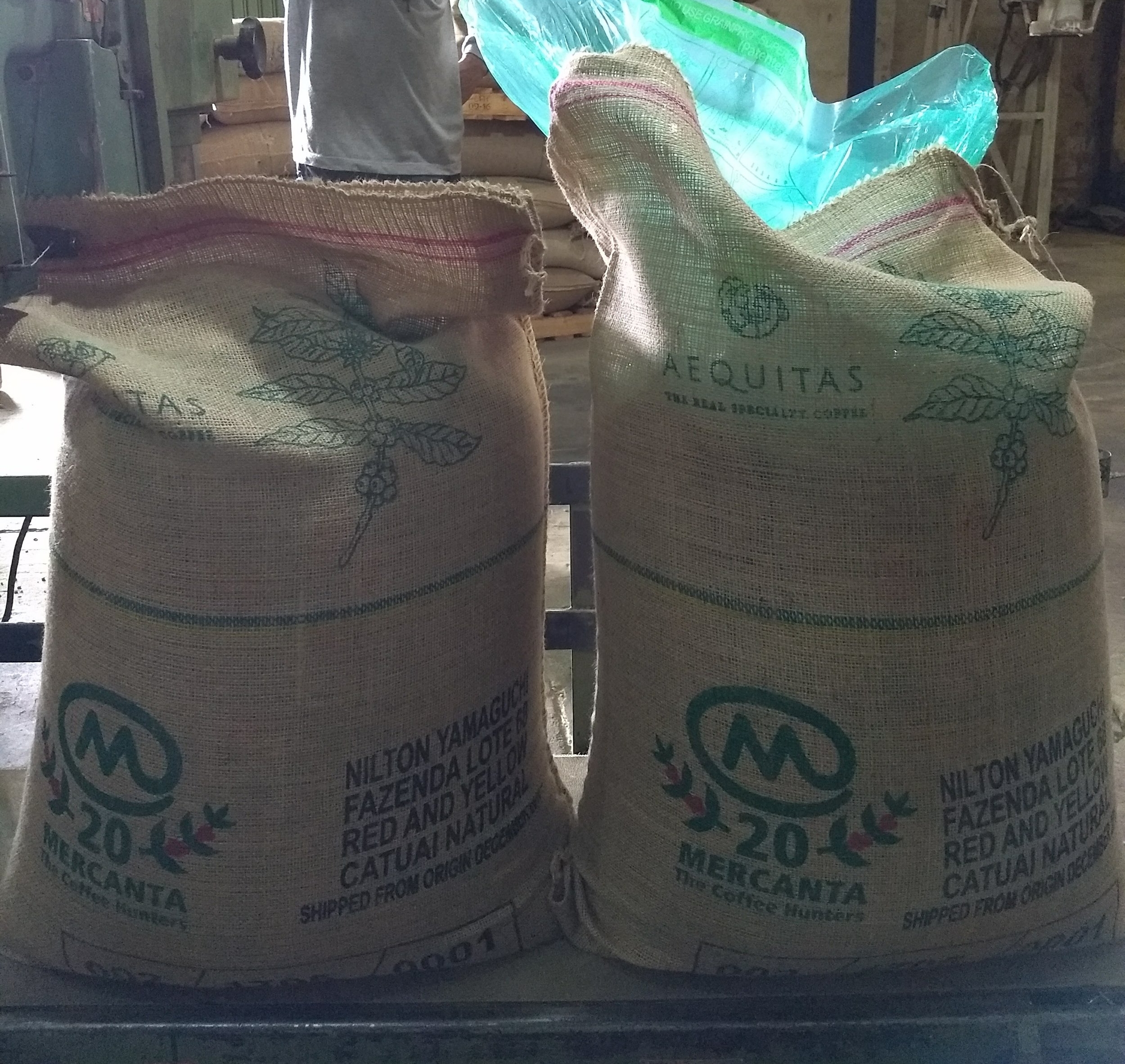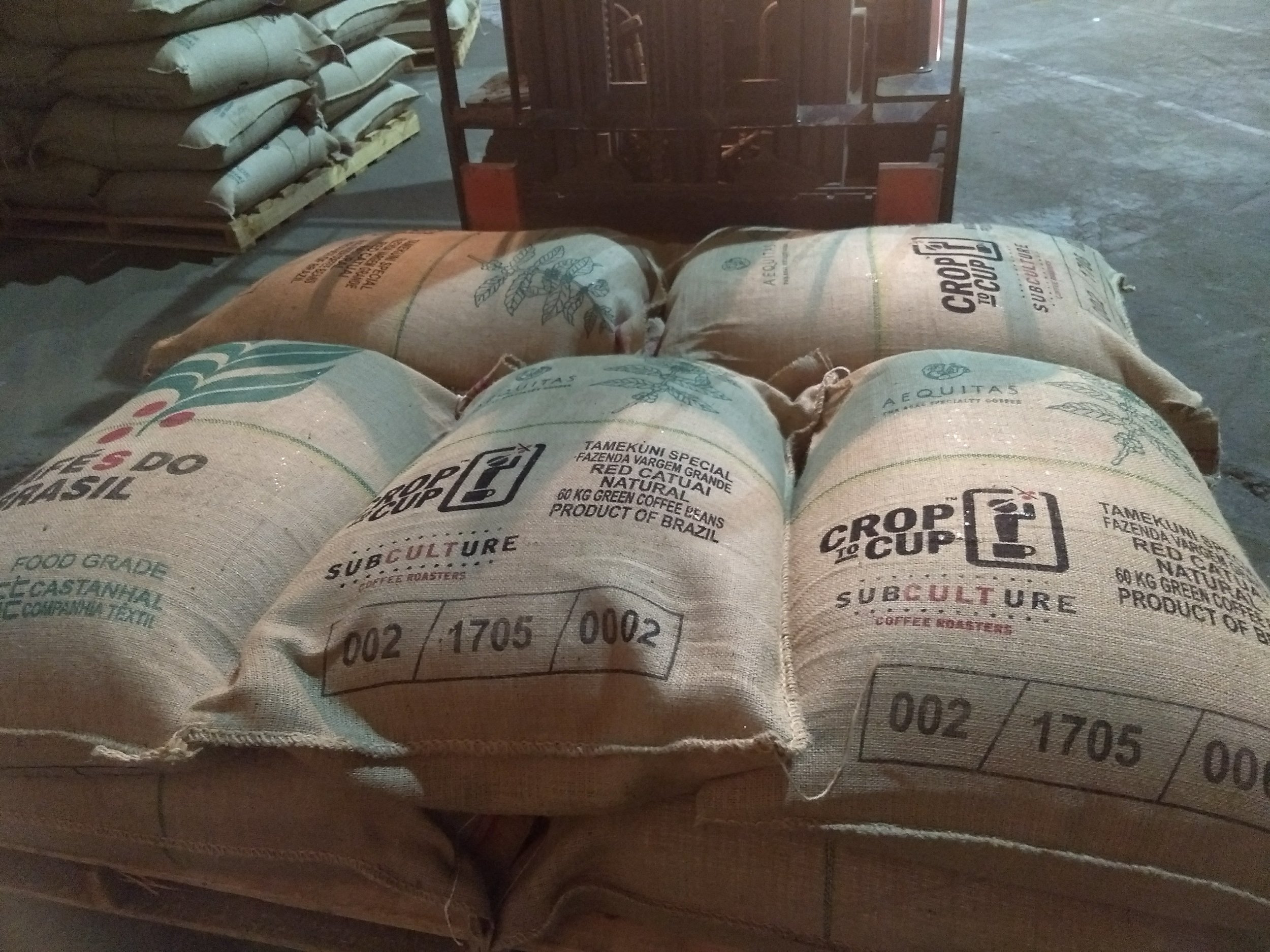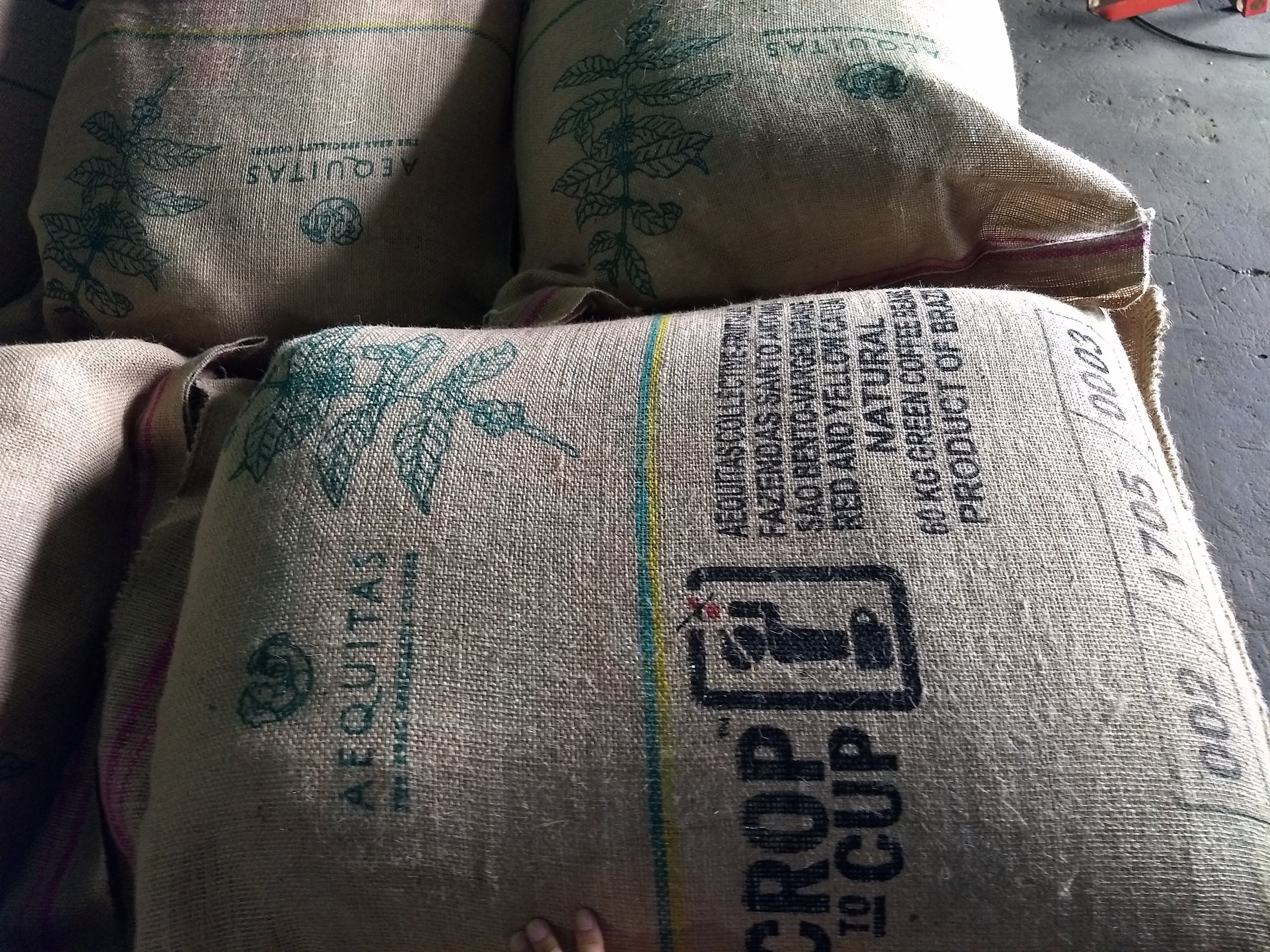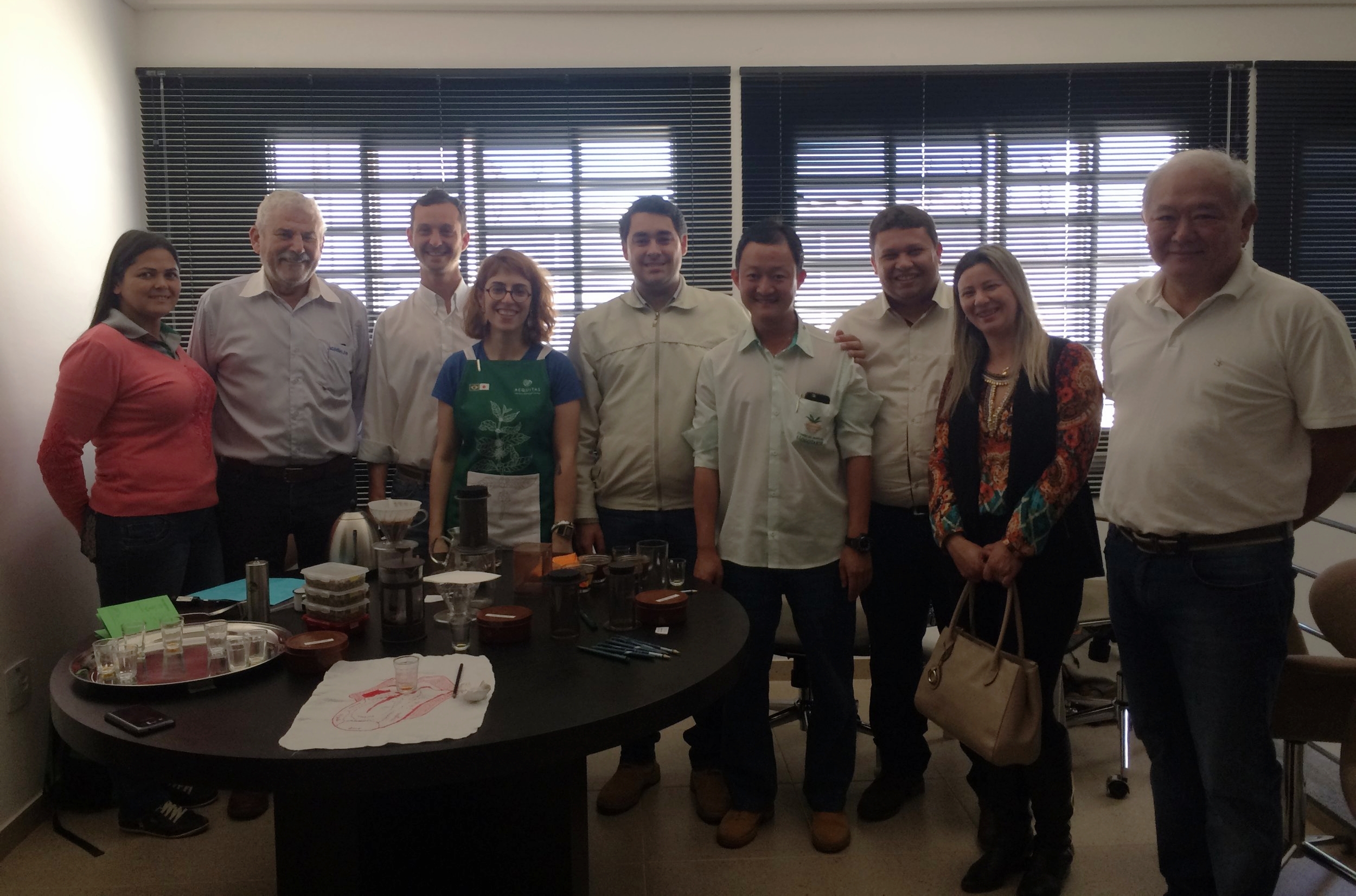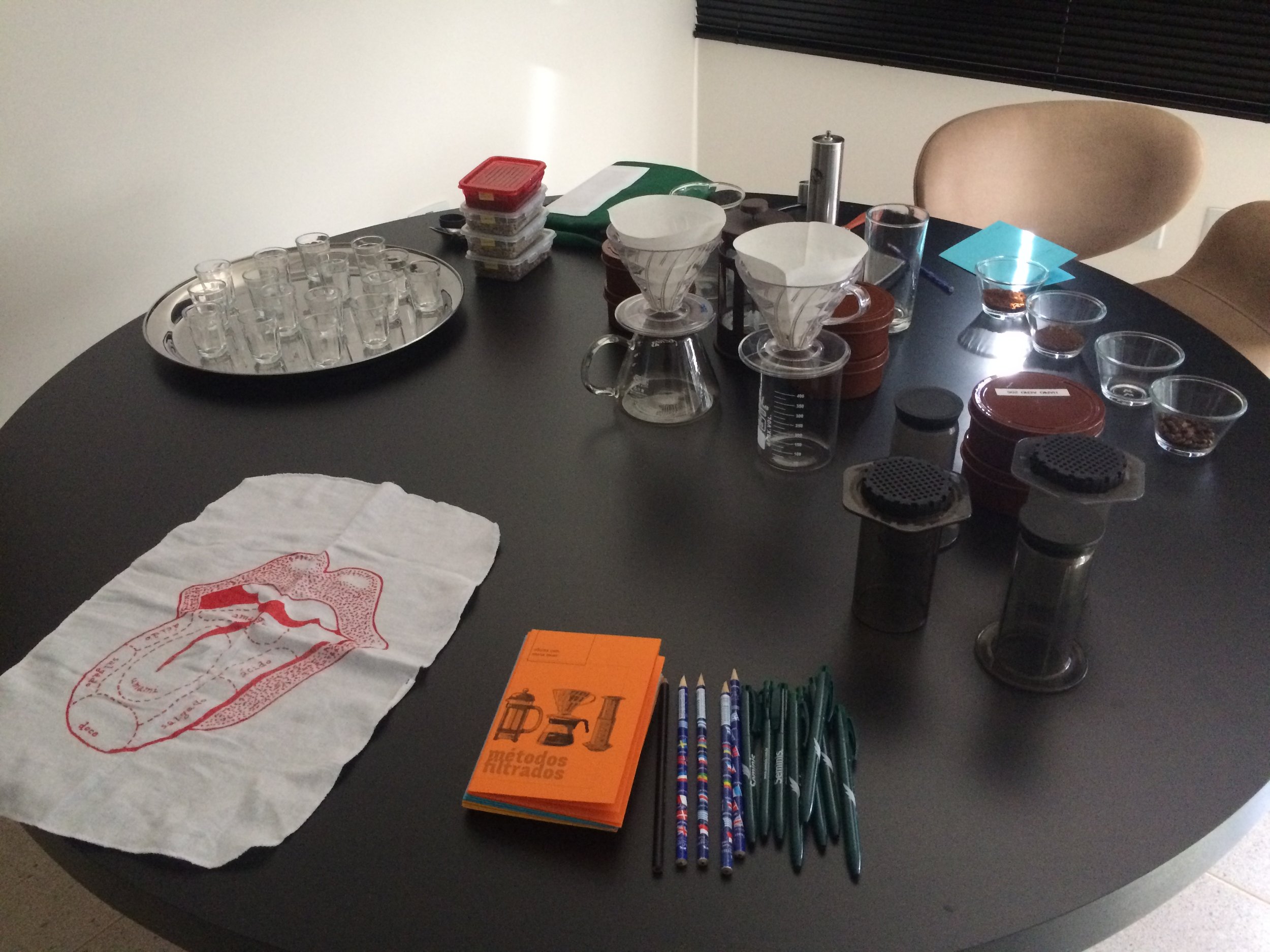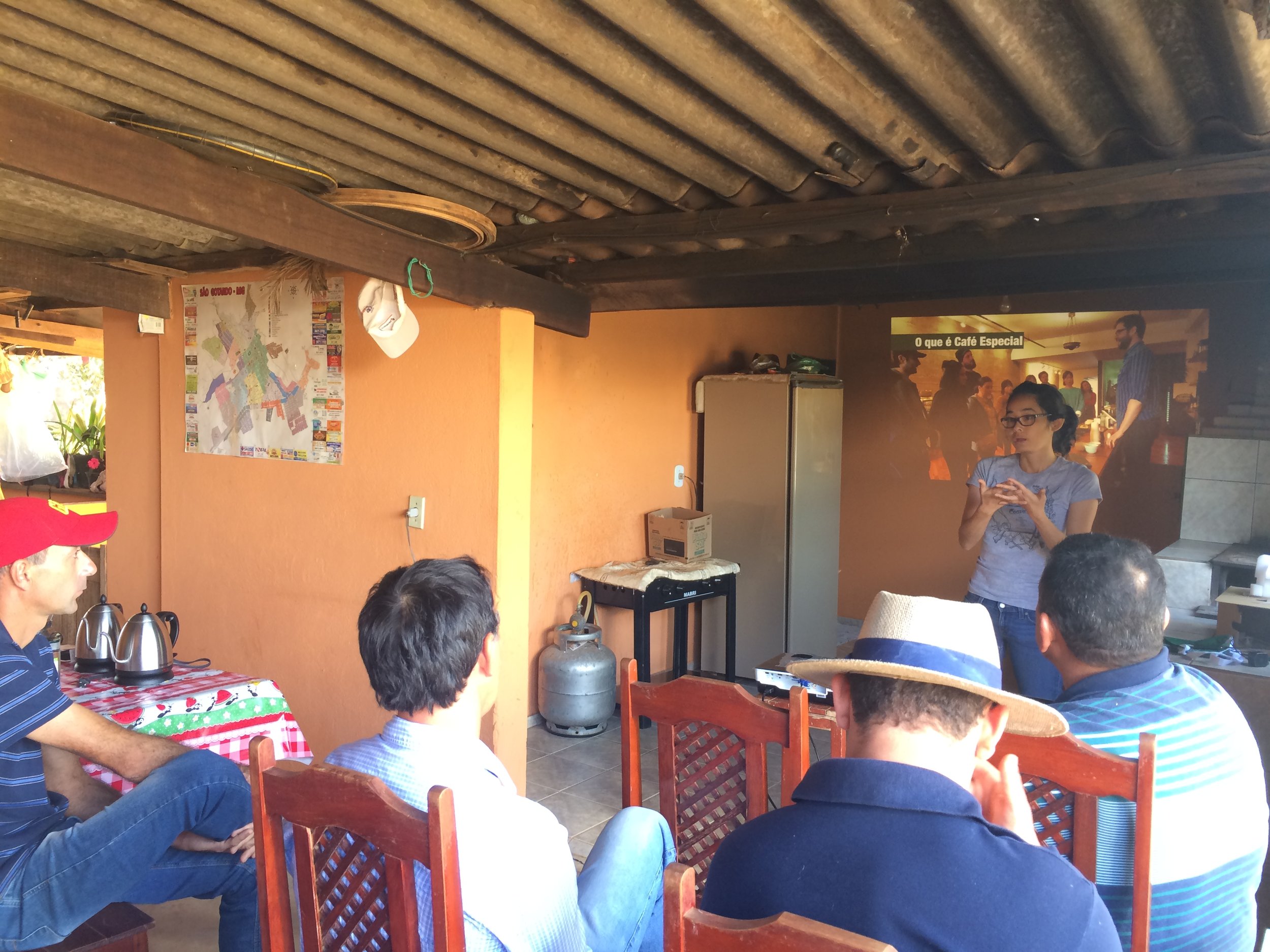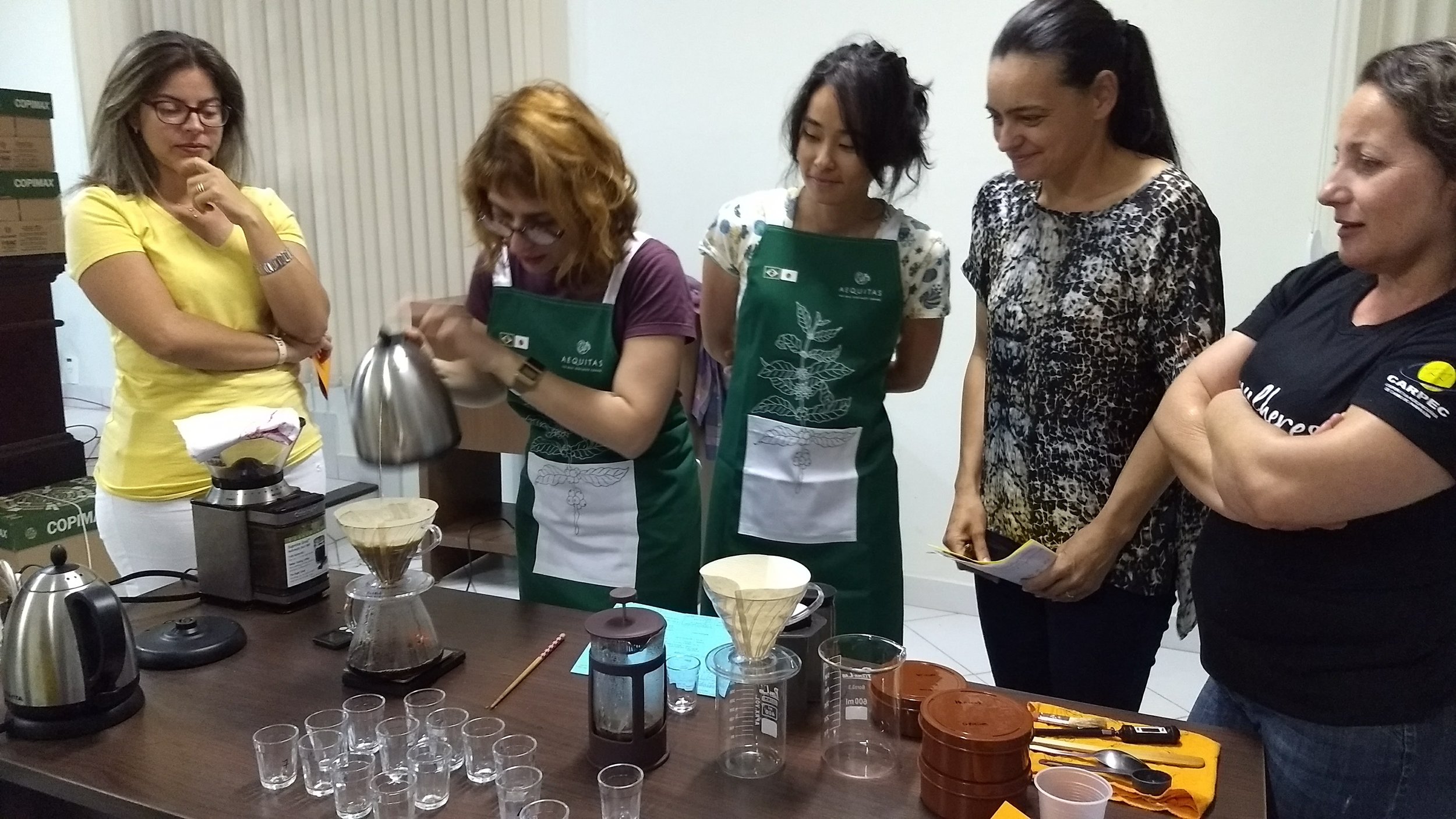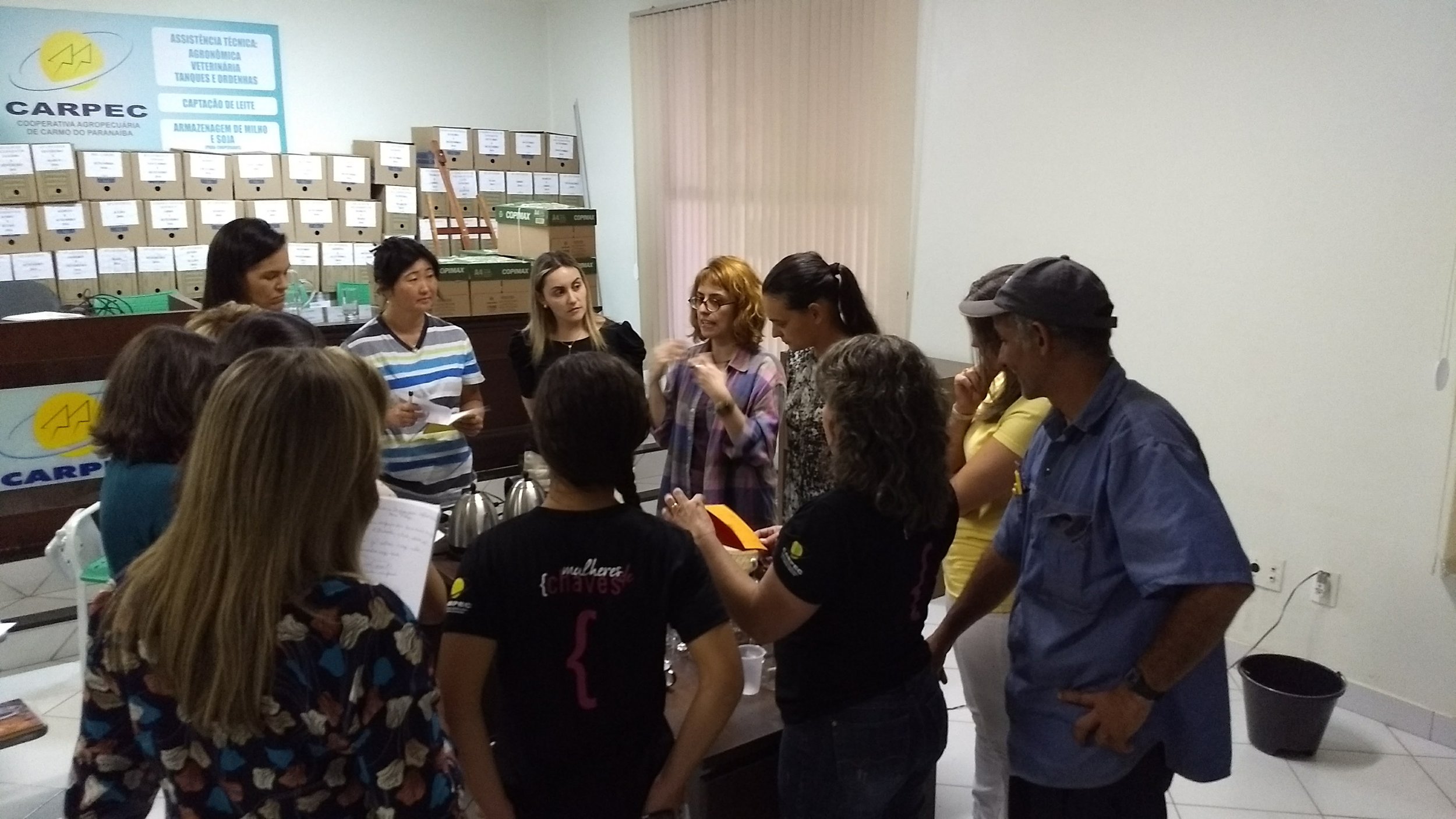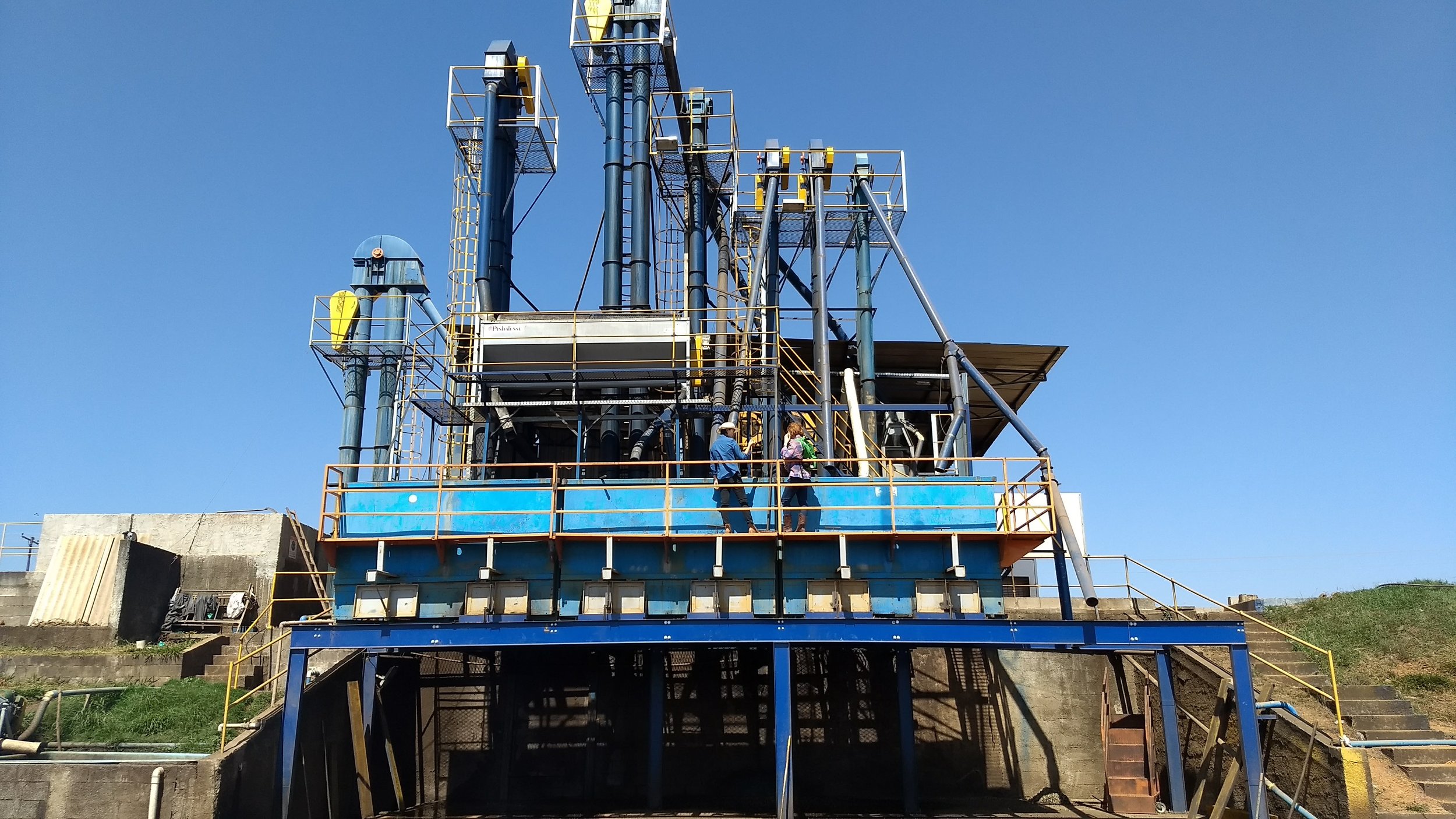I’m know I’m late to report about the SCA Coffee Expo in Seattle but now I finally got the time and the mood to compose.
Visit to Starbucks Kent Flexible Plant Tour during 2017 SCA coffee expo
For the third year in a row, from the 19th to 22nd of April, I have attended the Global Coffee Expo. One year ago, I was launching the company at the coffee expo, carrying Aequitas' brochures, business cards and a dream of sharing my family’s and other families’ stories in coffee production and exporting our coffees to people aligned with our values. I previously selected companies with similar values as Aequitas and looked for meeting their coffee buyers hoping that they would give me an opportunity. Some of them got interested in Aequitas’ purpose while other didn’t want to risk into the unknown.
But this year was different. I had 4 intense days with people that are now Aequitas’ business partners and trusted in the company’s mission. My time was also dedicated as a volunteer at the IWCA cupping — I had my coffee there as well together with coffees from other IWCA chapters worldwide — and at my US import partner cupping, where I could meet some roasters who have bought Aequitas’ coffee. Receiving their feedback about the coffee profile and about how satisfied they felt was like a turbo fuel to me.
At the IWCA breakfast we celebrated the organization’s 15th anniversary and heard inspiring stories of women who are making the difference in the coffee industry. It’s being 2,5 years that I’m an IWCA member and I’m proud of being part of this group of volunteers who advocates and fights for advancing, empowering and connecting women across the coffee value chain.
At IWCA cupping with Miriam Monteiro, IWCA Brazil vice-president, Blanca Castro, IWCA global manager, and Renee Espinoza, from Firedancer Coffee Consultants, volunteer company at the organization of IWCA cupping
I came back to Brazil with a feeling of appreciation, motivated for producing and exporting precious stories of coffee growers through their specialty coffee, sharing what I’ve seen with our farms’ employees, and once again certain that coffee is about human relationships of trust and friendships.
See you at the coffee expo in Boston next year!



